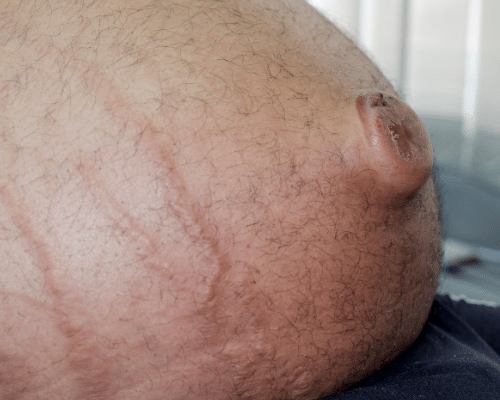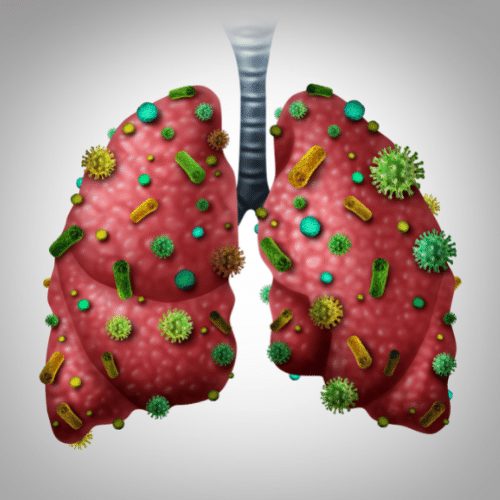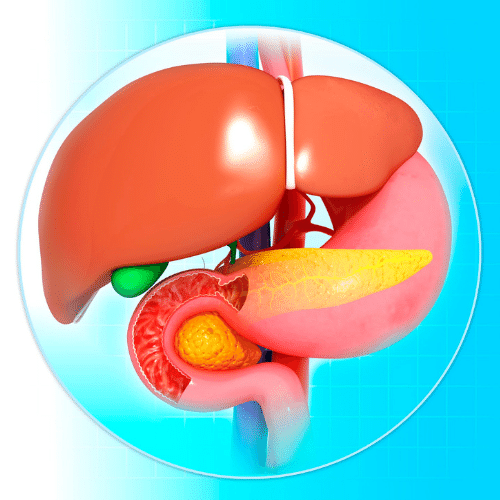Ascites Common Types, Symptoms, Causes & Its Homeopathic Cure

Vomiting Causes Symptoms and Treatment in Homeopathy
February 14, 2019
Chorea Basic Causes Types Diagnosis and Homeopathic Treatment
February 14, 2019Definition of Ascites
Ascites refer to a medical condition in which the abdominal cavity fills with fluid. The fluid that occupies the abdomen is normally clear but yellowish in color due to protein in it. Ascites are associated with the malfunctioning of the liver and may lead to serious consequences.
Symptoms of Ascites
Normally symptoms of Ascites are not too severe to notice and are dependent on the causes of fluid accumulation.
Generally seen symptoms in patients of Ascites are
- Reduced appetite
- Sudden and unusual weight gain
- Swelling of abdomen
- Nausea, bloating, and vomiting
- The problem in breathing while lying
- Heartburn
- Swelling of ankles in some cases

Ascites
Causes
Several factors can be blamed for Ascites but the main cause of this disease is liver. When the liver stops its functionality or the unusual pressure is exerted on the vessels of the liver the body starts throwing water into the abdominal cavity causing Ascites. Some common causing factors of Ascites are
- Chronic liver disease Cirrhosis
- Hepatitis
- Liver cancer
- Hypothyroidism
- Alcoholism
- Kidney and heart diseases
- Tuberculosis
- Cancer of ovaries and endometrium
- Pancreatitis
Types
Ascites are categorized into two categories depending upon their severity and treatment required.
Uncomplicated Ascites
The fluid accumulated in the abdomen is not infected in Uncomplicated Ascites. This type is divided into further three levels; Mild, Moderate, and Severe based on severity. In mild condition, the fluids can be detected with the help of ultrasound only while moderate condition shows symmetric swelling of the abdomen and in the severe condition, the extreme abdominal swelling is noticed.
Refractory Ascites
Refractory Ascites refer to the condition where fluids are not easily removable from the body. In such conditions, simple diuretics or a diet with low sodium content is not enough to get rid of fluid from the body rather some more aggressive treatment is needed.
How to diagnose Ascites?
Diagnosis of Ascites passes through different stages. After proper examination of the swollen abdomen, the physician will suggest some tests or in some cases advances scanning to know the presence and quantity of fluid.
Personal Examination
The doctor may check the presence of fluid inside the chest cavity and abdominal region with the help of a stethoscope or applying pressure with his hands.
Urine and Blood Tests
Multiple urines and blood tests performed; liver function test (LFT), kidney function test (RFT), protein level measurement, cell count, cytology, etc.; can help in the detection of the fluid inside the cavity of the patient as well as the stage of the Ascites.
CT Scan
The next step after the physical examination and lab tests is to make the patient pass through a CT scan to find the true condition of the problem.
Paracentesis
On the confirmation of Ascites, the doctor may collect the sample of fluid directly from the abdomen with the help of a needle and pass it through analysis in the lab to check the causes of the fluid accumulation, if he thinks necessary.
Complete Treatment of Ascites in Homeopathy
Several best remedies in Homeopathic are found to relieve the symptoms of Ascites abruptly and efficiently. Some of the best Homeo remedies are as follow
Helleborus
A much effective homeopathic medicine for patients with the symptoms like dark urine and insufficient stool is Helleborus. This medicine is especially best when the patient suffers from the condition in which the stool passed is so loose that it looks like a jelly.
China Off
China off is the best medicine for the patients when the cough is the outcome. Patients may suffer dry but short cough sometimes with and sometimes without expectoration, China off provides the best remedy for such symptoms. Some other symptoms during demand this remedy are pale yellow skin, feelings of chilliness, and a pulse that is weak and small. Ascites associated with loss of vital fluids are also best treated using this medicine, China off.
Arsenic Album
The accumulation of water inside the abdomen as in Ascites makes the patient feel difficulty in standing or lying straight on his back. Additionally, the patient gets too weak to feel much fatigue in performing any action. Arsenic Album is one of the best remedies for such patients to cope with such symptoms. Restlessness and extreme thirst are also seen in patients. Arsenic Album helps in relieving such symptoms in the patients efficiently.
Apis Mel
Apis Mel is the Homeo remedy for Ascites in cases where fever is one of the outcomes of the disease. The patient may feel a loss of thirst along with an inadequate urge of passing urine. The Ascites may also be associated with the symptoms like pale yellow, transparency, and swelling of the skin. This medicine is especially helpful in the cases when the symptoms become worst by heat but get better in cold areas.
Thlaspi Burp Q
The fluid accumulated inside the body causing Ascites may have some impurities inside it depending upon the cause of fluid accumulation. There is a chance of urinary tract issues in the patients of like reduced urine, change in color, sediments like brick dust inside the urine, and difficulty in passing urine. These urine-related issues may worsen the condition of the patient as well as can cause edema in different parts of the body including the lungs. Thlaspi Burp Q can serve as the best remedy to ease aforesaid symptoms.
Apocynum Can Q
Apocynum is the best Homeo remedy for Ascites where the patient feels extreme thirst but a low urge to urinate. Prolonged fever and its after-effects can also be best treated using this medicine. Additionally, the aggravation to cold drinks and water can also be controlled using Apocynum.
Zincum Met
The best Homeo remedy for Ascites is Zincum Met. This is the medicine for the patients who have kidney issues as an aftereffect of Ascites. The complaints of pain and unbearable sensations experienced inside the kidney can be met using Zincum Met.
Lachesis
The patient during Ascites becomes so sensitive that he can not even tolerate the clothes touching his abdominal region. He urges to lie while keeping his abdomen bare. Lachesis helps in relieving such inconveniencies in the patients.
Note
Please do not use any of these medicines on your own without consulting a professional homeopathic doctor.




